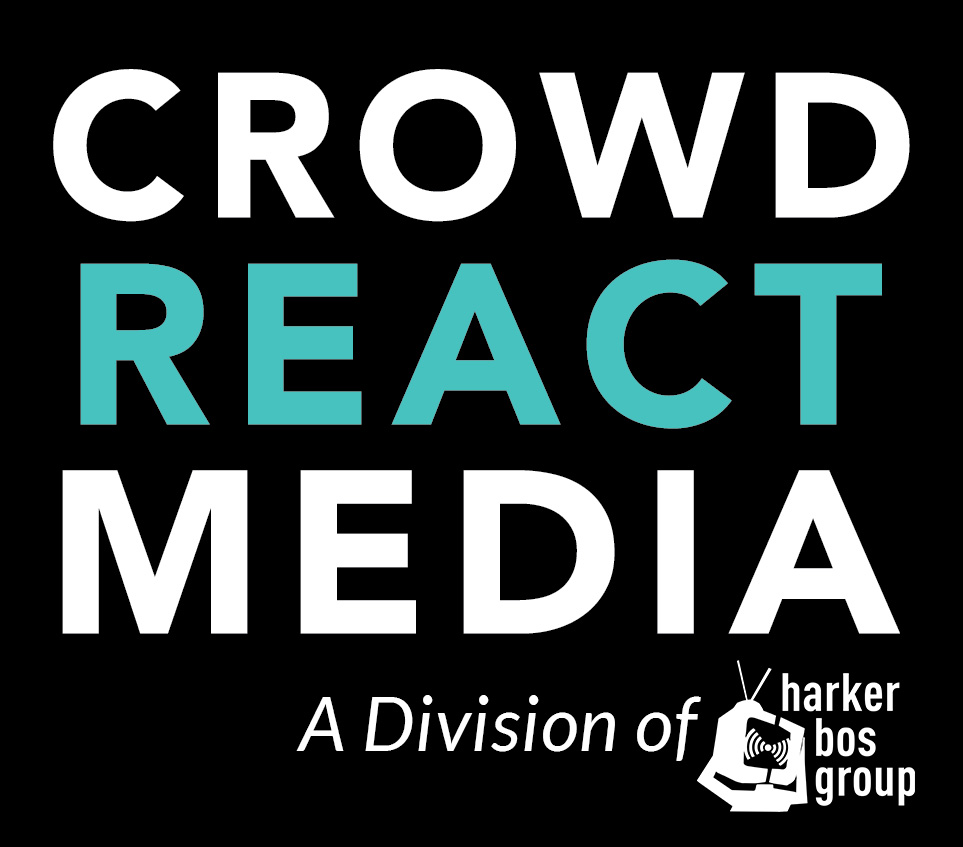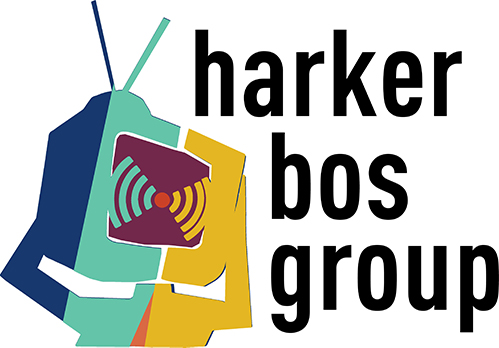Weekly Roundup – March 24th, 2025
Roundup Links
How the Sports Betting Industry Took Over March Madness
"This week, millions of Americans will catch a case of March Madness. Some will root for their alma maters in the men’s or women’s college basketball tournaments. Many others will root for the team they bet on, or the one they picked in their bracket. The American Gaming Association estimates that Americans will gamble $3.1 billion on the men’s and women’s tournaments. This sum doesn’t even include all the money bet illegally, including entry fees for bracket pools (yes, your office pool is technically illegal). In the U.S., March Madness is one of the most bet-on sporting events of the year."
Our Take: For the regular sports gambler, college basketball is more fun to bet on than professional basketball because the athletes are raw, inconsistent, and prone to mistakes - the same reasons why college ball is more fun to watch than the NBA.
YouTube ramps up podcasting with new ad test.
"YouTube is preparing to test a technical change that could upend the way YouTubers, podcasters, publishers, and other creators make money — and cement the Google-owned giant’s place at the center of the media world.
Semafor has learned that the platform is currently developing a feature that would allow host-read ads to be dynamically inserted and swapped out within individual YouTube videos, as is already the case on other platforms like Spotify and Apple Podcasts.
While the average YouTube consumer is unlikely to notice much of a difference, the move would create significantly more advertising flexibility within YouTube, potentially unlocking a larger pool of ad dollars for podcasters."
Our Take: At this point, all media is essentially competing with YouTube. The common gripe against YouTube was that they didn't pay their creators enough - they can fix that because they have the cash to do so, and bankrupt other platforms in the process by scooping up all the talent with their new ad model.
MLB Wants to Split ESPN's Rights Between Multiple Companies
"As anticipation continues to rise over MLB’s plans for national media rights after its high-profile divorce from ESPN, the answer emerging is that the league will likely opt for multiple partners to take that inventory.
Rather than a single rights holder coming in to take on the rights being forfeited by the Disney-owned network, MLB is increasingly looking at breaking up those rights into several parts. Among the potential outcomes:
A new broadcaster for the Home Run Derby, with Fox and Netflix among those said to be interested.
A network-based home for Sunday Night Baseball, for decades a signature showcase for MLB. NBC Sports already has a dominant property with Sunday Night Football and plans to put big NBA games in that same time slot after the NFL wraps up each season. Extending that concept to baseball and potentially creating a year-round stranglehold on that time slot is intriguing to the Comcast-owned network.
The wild-card round that’s exclusively been on ESPN is fetching interest from multiple entities, both in linear TV and streaming."
Our Take: The initial take was that ESPN's cancellation of their MLB contract signaled the bursting of the "Sports Rights Bubble". This initial reaction might have been mistaken in that a sizable sports inventory for major streamers is so desirable in attracting and retaining audiences that they are willing to over-pay or incur losses in the short-term. So instead of the sports rights bubble bursting, we are just watching the bubble get bigger.
Live Music Seems recession-proof. Thank the ticket scalpers.
"Live Nation, a concert promoter, has said it expects the live-music industry to break records in 2025. Its Ticketmaster app saw 70% more traffic this February than last, reckons Sensor Tower, a data firm.
This party may yet fizzle out. But the music business has a record of performing well during downturns. Although concerts were clobbered by covid-19 lockdowns in 2020-21, during America’s previous three recessions live entertainment held up even as spending on other forms of fun dipped, according to Goldman Sachs, a bank.
The most improbable saviours of live music in recessions are a group more often cast as villains: ticket touts. Concerts are deliberately underpriced, to ensure that true fans—young and hip but penniless—make it into the audience alongside rich oldies and corporate-hospitality bores. Scalpers take advantage by buying tickets early, then re-selling them at the true market-clearing price. In booms they prosper: in 2019, just before the pandemic, Live Nation said that the average uplift in ticket prices on the secondary market in America was 70%, providing touts with a profit of $1.3bn (more than Live Nation’s own operating profit that year)."
AI Slop Is A Brute Force Attack on the Algorithms That Control Reality
"Consider, for a moment, that this AI-generated video of a bizarre creature turning into a spider, turning into a nightmare giraffe inside of a busy mall has been viewed 362 million times. That means this short reel has been viewed more times than every single article 404 Media has ever published, combined and multiplied tens of times.
Any of these Reels could have been and probably was made in a matter of seconds or minutes. Many of the accounts that post them post multiple times per day. There are thousands of these types of accounts posting thousands of these types of Reels and images across every social media platform. Large parts of the SEO industry have pivoted entirely to AI-generated content, as has some of the internet advertising industry. They are using generative AI to brute force the internet, and it is working."
Our Take: While some might speculate that the the saturation of AI content might render social media platforms as basically unusable, the alternative seems more likely: that people love social media so much that they don't even care if what they are engaging with is real or not.


